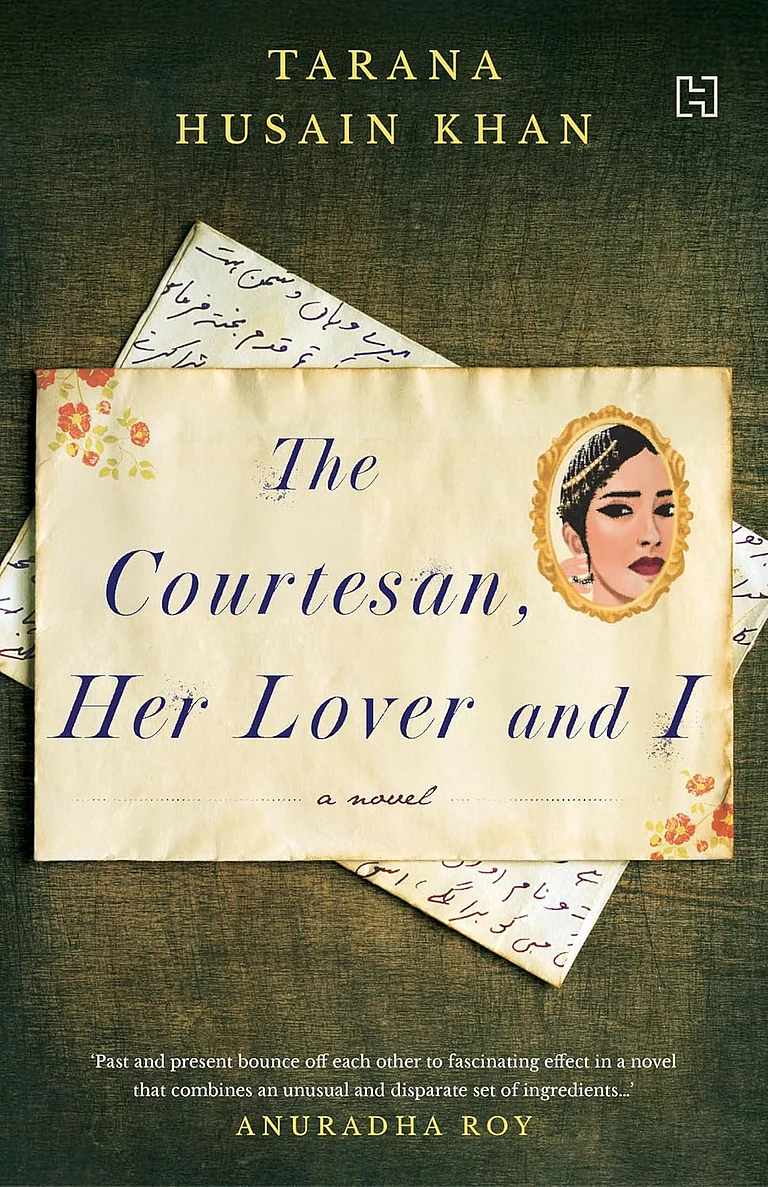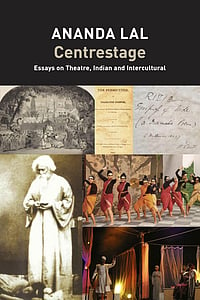The setting is pure F Scott Fitzgerald, an Italian resort where a group of young Americans hang out on the terrace with their drinks and desserts, commenting on the other older guests. A solitary gentleman catches their eye, and they speculate on whom he might be, an assassin or retired hit man on holiday. He appears to be a loner who talks to no one until he suddenly comes up to their table one night, puts his hand on the aching shoulder of the only athlete in the group and heals it with a touch. That lends a new dimension to who he might be – a shaman or a charlatan perhaps. Ultimately, he is drawn into their group by his mystic qualities – he foretells a market crash for their friend Malcolm in the US with advice on how to avert it.
Aciman takes the story into the realms of fortune telling and magical realism as the gentleman from Peru gives members of the group glimpses into their past lives which they themselves were unaware of.
Mythology and lost loves are brought in – Raul promises the group a trip to Avernus, the place where the voices of ghostly can be heard mourning their sad pasts. The trip does not materialise, instead Raul gradually focuses on the sharp-tongued, cynical Margo whose past he is reticent about revealing – though he tells her that her name was once Marya. He woos her with sunlight swims and fish lunches intent on retracing something that she initially does not understand.
From this closing in, a love story unwinds deep in the recesses of the past. It is a kind of time travelling – all experiences Aciman implies through his narrator, are linked, all loves are the same love sought over time and lives and lovers play hide and seek sometimes meeting, sometimes never quite managing to. The romances linger in the memory to be re-lived when the true lost love appears. Though again there is an element of uncertainty to this – life does not promise perfect solutions.
Raul’s Peruvian origins lend him a tough of exoticism, allowing him at the same time to meld seamlessly with the Italian atmosphere. South America is a space of culture and civilisation which is not as obvious as an India or Tibet would have been. He chooses to stay away from reincarnation and past life regression though there are undercurrents of these in the narrative.
Aciman’s language is simple and create its effects through implication rather lyrical description – the blue of the Tyrrhenian Sea for example, so blue that it can be found nowhere else or the sublime beauty of the coast which draws him to return year after year. But then the setting could be the 1920’s since the only touch of modernity is the mobile phones – the technique is minimalism since there are no details except timeless ones which is deliberate since it is a narrative that is actually about the timelessness of love. Pages flip by as the story unfolds easily and subtly immersing you without knowing it in a tale that is quite different from the expected.
The book is a mere 176 pages and the reader may be at a loss as to how to classify it because it lacks the dream like fantasy and linguistic poesy of magical realism as we know it while at the same time being very different from Aciman’s other books. Perhaps, one might speculate, Aciman is uncomfortable with conventional magical realism and is as a result experimenting in his own fashion which sometimes appears random.
A large part of it is in fact a series of conversations that bemuse those involved until they begin to grasp the essence of what Raul is trying to say. This is a story where the concept is possibly more important than the characters in it since it winds around the philosophy of reincarnation without actually calling it that. All we know about the young Americans is what they do. And while Margo and Marya may bracket each other, it doesn’t go much beyond that, but then immersed in the concept, the reader may not care since the author’s trope unfolds intriguingly.
Lovers from past lives wait in the wings to return and re-encounter because, according to Aciman, love is immortal though imperfect and it is doomed to endless repetition.



























